October 25 is:
National Greasy Foods Day
Feast Day of Saints Crispin and Crispinian, patron saints of cobblers, curriers, tanners, and leather workers. It is said that they were brothers who spread Christianity during the day and made shoes at night to support themselves. They were tortured and thrown into the river with millstones around their necks. Though they survived, they were beheaded by the Emperor on October 25th, 285 or 286.
“St. Crispin’s Day” is referred to by William Shakespeare in Henry V describing the battle of Agincourt, from which we get the phrase “the band of brothers”.
Crispin Crispian shall ne’er go by,
From this day to the ending of the world,
But we in it shall be remember’d;
We few, we happy few, we band of brothers
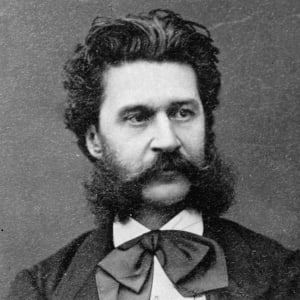 1825 Birthday of Johann Strauss II, Austrian composer. Compositions such as The Blue Danube helped establish Strauss as “the Waltz King” and earned him a place in music history.
1825 Birthday of Johann Strauss II, Austrian composer. Compositions such as The Blue Danube helped establish Strauss as “the Waltz King” and earned him a place in music history.
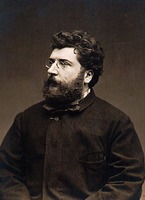 Birthday of Georges Bizet (October 25, 1838), French composer whose most famous work is the opera “Carmen”. Carmen has since become one of the most popular and frequently performed operas in the classical canon; the “Habanera” from act 1 and the “Toreador Song” from act 2 are among the best known of all operatic arias.
Birthday of Georges Bizet (October 25, 1838), French composer whose most famous work is the opera “Carmen”. Carmen has since become one of the most popular and frequently performed operas in the classical canon; the “Habanera” from act 1 and the “Toreador Song” from act 2 are among the best known of all operatic arias.
The Habanera
 Birthday of Pablo Ruiz Picasso (October 25, 1881), Spanish-born painter and sculptor; founder of the Cubist school and leader in the surrealistic movement in France. Please visit Wikiart for pictures of his work.
Birthday of Pablo Ruiz Picasso (October 25, 1881), Spanish-born painter and sculptor; founder of the Cubist school and leader in the surrealistic movement in France. Please visit Wikiart for pictures of his work.
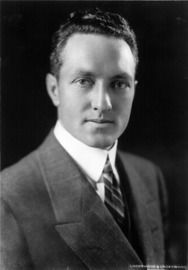 Birthday of Richard Evelyn Byrd (October 25, 1888), American naval officer and polar explorer who made five important expeditions to the Antarctic. He was a recipient of the Medal of Honor, the highest honor for valor given by the United States, and was a pioneering American aviator, polar explorer, and organizer of polar logistics.
Birthday of Richard Evelyn Byrd (October 25, 1888), American naval officer and polar explorer who made five important expeditions to the Antarctic. He was a recipient of the Medal of Honor, the highest honor for valor given by the United States, and was a pioneering American aviator, polar explorer, and organizer of polar logistics.
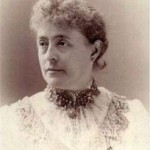 Former First Lady,Carolyn Harrison, wife of Benjamin Harrison, died on this day in 1892 of tuberculosis. She was the second First Lady to die while her husband was President, the first one being Letitia Tyler in 1842.
Former First Lady,Carolyn Harrison, wife of Benjamin Harrison, died on this day in 1892 of tuberculosis. She was the second First Lady to die while her husband was President, the first one being Letitia Tyler in 1842.
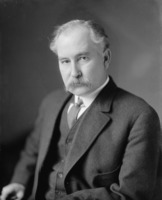 1929 Former Interior Secretary Albert B. Fall was convicted of accepting $100,000 bribe in the Teapot scandal. He was the first US Cabinet member to go to jail.
1929 Former Interior Secretary Albert B. Fall was convicted of accepting $100,000 bribe in the Teapot scandal. He was the first US Cabinet member to go to jail.
Fall was appointed to the position of Secretary of the Interior by President Warren G. Harding in March 1921. He had been a U. S. Senator from New Mexico. Soon after his appointment, Harding convinced Edwin Denby, the Secretary of the Navy, that Fall’s department should take over responsibility for the Naval Reserves at Elk Hills, California, Buena Vista, California, and Teapot Dome, Wyoming. This last setting became the namesake of the scandal to erupt in April 1922 when The Wall Street Journal reported that Secretary Fall had decided that two of his friends, oilmen Harry F. Sinclair (Mammoth Oil Corporation) and Edward L. Doheny (Pan-American Petroleum and Transport Company), should be given leases to drill in parts of these Naval Reserves without open bidding. His acceptance of bribes for the leases resulted in the Teapot Dome scandal.
From Today in Science
Microwave oven
In 1955, the first domestic microwave oven was sold by Tappan. In 1947, Raytheon demonstrated the “Radarange,” the world’s first microwave oven. Ratheon’s commercial, refrigerator-sized microwave ovens cost between $2,000 and $3,000. In 1952, Raytheon entered into a licensing agreement with Tappan Stove Company which had a consumer distribution and marketing infrastructure. In 1955, Tappan introduced the first domestic microwave oven, a 220-volt more compact wall-unit the size of a conventional oven, but less powerful microwave generating system. It had two cooking speeds (500 or 800 watts), stainless steel exterior, glass shelf, top browning element and a recipe card drawer. However, at $1,300 sales were slow.
2001 Microsoft released the Windows XP operating system.

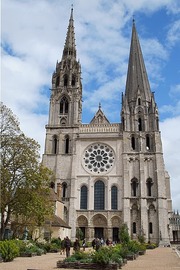 1260 – The Cathedral of Chartres was dedicated in the presence of King Louis IX of France; the cathedral is now a UNESCO World Heritage Site.
1260 – The Cathedral of Chartres was dedicated in the presence of King Louis IX of France; the cathedral is now a UNESCO World Heritage Site.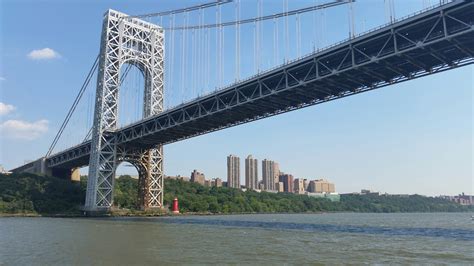 The
The 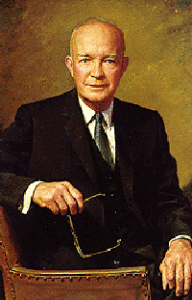
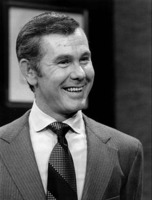 TV Talk Show Host Day : Comedian and talk show host Johnny Carson was born on October 23, 1925 in Corning, Iowa.
TV Talk Show Host Day : Comedian and talk show host Johnny Carson was born on October 23, 1925 in Corning, Iowa.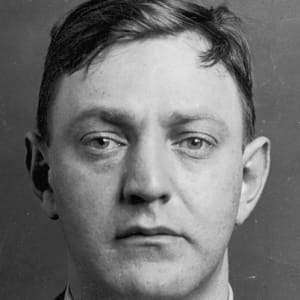 1935 – Dutch Schultz, his accountant and two bodyguards were fatally shot at a saloon in Newark, New Jersey in what will become known as The Chophouse Massacre. Dutch Schultz (born Arthur Flegenheimer) was a New York City-area mobster of the 1920s and 1930s who made his fortune in organized crime-related activities, including bootlegging alcohol and the numbers racket. Weakened by two tax evasion trials led by prosecutor Thomas Dewey, Schultz’s rackets were also threatened by fellow mobster Lucky Luciano. In an attempt to avert his conviction, Schultz asked the Commission (governing body of the Mafia) for permission to kill Dewey, which they refused. When Schultz disobeyed them and attempted to kill him anyway, the Commission ordered his murder in 1935.
1935 – Dutch Schultz, his accountant and two bodyguards were fatally shot at a saloon in Newark, New Jersey in what will become known as The Chophouse Massacre. Dutch Schultz (born Arthur Flegenheimer) was a New York City-area mobster of the 1920s and 1930s who made his fortune in organized crime-related activities, including bootlegging alcohol and the numbers racket. Weakened by two tax evasion trials led by prosecutor Thomas Dewey, Schultz’s rackets were also threatened by fellow mobster Lucky Luciano. In an attempt to avert his conviction, Schultz asked the Commission (governing body of the Mafia) for permission to kill Dewey, which they refused. When Schultz disobeyed them and attempted to kill him anyway, the Commission ordered his murder in 1935.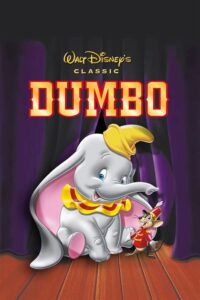 1941: The Disney animated classic Dumbo had its world premiere.
1941: The Disney animated classic Dumbo had its world premiere.  Wombat Day in Australia
Wombat Day in Australia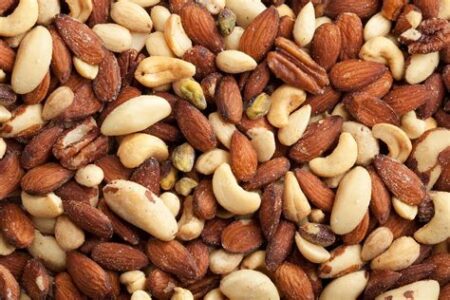 National Nut Day
National Nut Day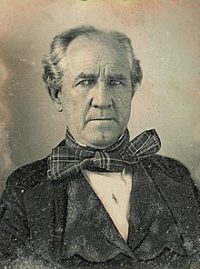 Sam Houston was inaugurated as first elected President of Republic of Texas in 1836.
Sam Houston was inaugurated as first elected President of Republic of Texas in 1836.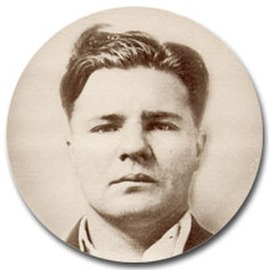 Bank robber Charles “Pretty Boy” Floyd was shot to death by federal agents at a farm in East Liverpool, Ohio in 1934.
Bank robber Charles “Pretty Boy” Floyd was shot to death by federal agents at a farm in East Liverpool, Ohio in 1934.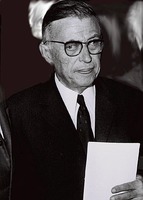 Jean-Paul Sartre, one of the key figures in the philosophy of existentialism, was awarded the Nobel Prize for Literature in 1964, but turned down the honor. Once said “If you are lonely when you are alone, you are in bad company.”
Jean-Paul Sartre, one of the key figures in the philosophy of existentialism, was awarded the Nobel Prize for Literature in 1964, but turned down the honor. Once said “If you are lonely when you are alone, you are in bad company.”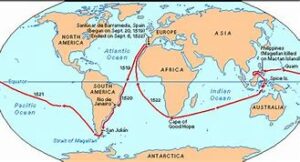 1520 – Ferdinand Magellan discovered a strait now known as Strait of Magellan, a channel linking the Atlantic and Pacific Oceans, between the mainland tip of South America and Tierra del Fuego island.
1520 – Ferdinand Magellan discovered a strait now known as Strait of Magellan, a channel linking the Atlantic and Pacific Oceans, between the mainland tip of South America and Tierra del Fuego island.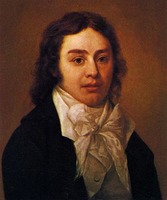 Birthday of Samuel Taylor Coleridge (October 21, 1771), English poet, critic, and philosopher. Author of “The Rime of the Ancient Mariner” and “Kubla Knan”
Birthday of Samuel Taylor Coleridge (October 21, 1771), English poet, critic, and philosopher. Author of “The Rime of the Ancient Mariner” and “Kubla Knan”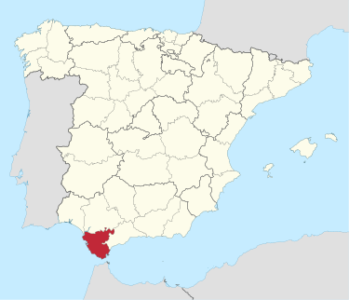 October 21, 1805 – The
October 21, 1805 – The  Birthday of Benjamin Netanyahu (October 21, 1949), Israeli Prime Minister.
Birthday of Benjamin Netanyahu (October 21, 1949), Israeli Prime Minister.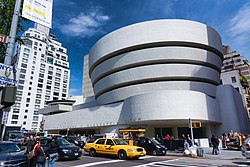 1959: The Guggenheim Museum, designed by Frank Lloyd Wright, opened in New York City.
1959: The Guggenheim Museum, designed by Frank Lloyd Wright, opened in New York City. 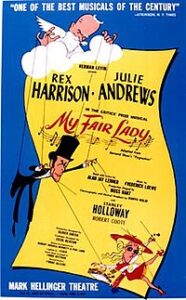 1964: The American musical film My Fair Lady, starring Rex Harrison and Audrey Hepburn, had its world premiere, and it later won eight Academy Awards, including that for best picture. My Fair Lady is a musical based on George Bernard Shaw’s 1913 play Pygmalion, with a book and lyrics by Alan Jay Lerner and music by Frederick Loewe. The story concerns Eliza Doolittle, a Cockney flower girl who takes speech lessons from professor Henry Higgins, a phonetician, so that she may pass as a lady. Despite his cynical nature and difficulty understanding women, Higgins falls in love with her.
1964: The American musical film My Fair Lady, starring Rex Harrison and Audrey Hepburn, had its world premiere, and it later won eight Academy Awards, including that for best picture. My Fair Lady is a musical based on George Bernard Shaw’s 1913 play Pygmalion, with a book and lyrics by Alan Jay Lerner and music by Frederick Loewe. The story concerns Eliza Doolittle, a Cockney flower girl who takes speech lessons from professor Henry Higgins, a phonetician, so that she may pass as a lady. Despite his cynical nature and difficulty understanding women, Higgins falls in love with her.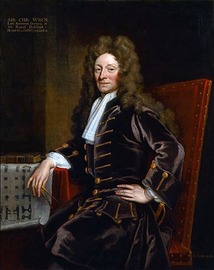 Birthday of Sir Christopher Wren (October 20, 1632), English architect.
Birthday of Sir Christopher Wren (October 20, 1632), English architect. 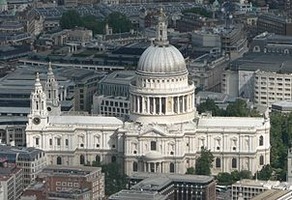 His greatest public building was Saint Paul’s Cathedral. Its construction, completed in Wren’s lifetime, was part of a major rebuilding program in the City after the Great Fire of London. It serves as the mother church of the Diocese of London for the Anglican Church. Services held at St Paul’s have included the funerals of Admiral Nelson, the Duke of Wellington, Winston Churchill and Margaret Thatcher; jubilee celebrations for Queen Victoria; peace services marking the end of the First and Second World Wars; the wedding of Prince Charles and Lady Diana Spencer; the launch of the Festival of Britain; and the thanksgiving services for the Silver, Golden and Diamond Jubilees and the 80th and 90th birthdays of Queen Elizabeth II.
His greatest public building was Saint Paul’s Cathedral. Its construction, completed in Wren’s lifetime, was part of a major rebuilding program in the City after the Great Fire of London. It serves as the mother church of the Diocese of London for the Anglican Church. Services held at St Paul’s have included the funerals of Admiral Nelson, the Duke of Wellington, Winston Churchill and Margaret Thatcher; jubilee celebrations for Queen Victoria; peace services marking the end of the First and Second World Wars; the wedding of Prince Charles and Lady Diana Spencer; the launch of the Festival of Britain; and the thanksgiving services for the Silver, Golden and Diamond Jubilees and the 80th and 90th birthdays of Queen Elizabeth II. 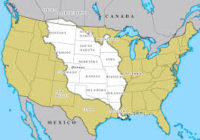 1803 – The U.S. Senate ratified the Louisiana Purchase with a vote of twenty-four to seven The
1803 – The U.S. Senate ratified the Louisiana Purchase with a vote of twenty-four to seven The 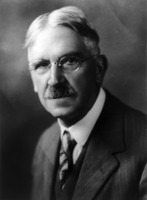 Birthday of John Dewey (October 20, 1859), American educator and philosopher whose watchword was “learn by doing”. He self-identified as a “democratic socialist”.
Birthday of John Dewey (October 20, 1859), American educator and philosopher whose watchword was “learn by doing”. He self-identified as a “democratic socialist”.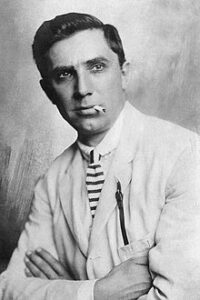 1882-Birthday of Bela Lugosi, Hungarian-American actor best remembered for portraying Count Dracula in 1931.
1882-Birthday of Bela Lugosi, Hungarian-American actor best remembered for portraying Count Dracula in 1931.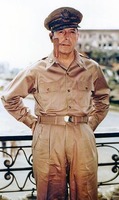 1944 – American general Douglas MacArthur fulfilled his promise to return to the Philippines when he commanded an Allied assault on the islands, reclaiming them from the Japanese during the Second World War.
1944 – American general Douglas MacArthur fulfilled his promise to return to the Philippines when he commanded an Allied assault on the islands, reclaiming them from the Japanese during the Second World War.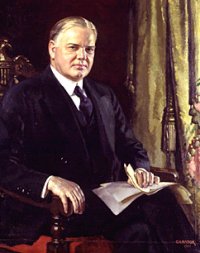 Death of
Death of  Former first lady Jacqueline Kennedy married Greek shipping magnate Aristotle Onassis in 1968.
Former first lady Jacqueline Kennedy married Greek shipping magnate Aristotle Onassis in 1968.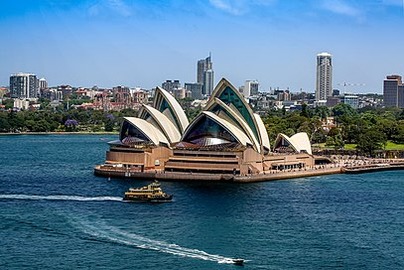 Sydney Opera House in Sydney, Australia, was officially opened in 1973.
Sydney Opera House in Sydney, Australia, was officially opened in 1973.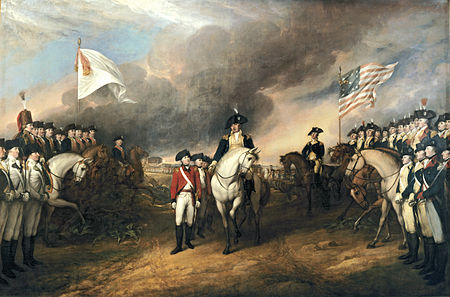 Yorktown Day, observed at Yorktown,
Yorktown Day, observed at Yorktown,  1983 – The U.S. Senate approved a bill establishing a national holiday in honor of Martin Luther King Jr.
1983 – The U.S. Senate approved a bill establishing a national holiday in honor of Martin Luther King Jr.  National Chocolate Cupcake Day
National Chocolate Cupcake Day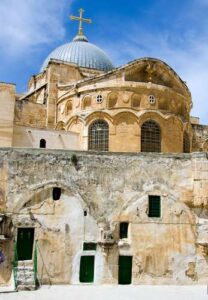 The Church of the Holy Sepulchre, lies in the northwest quarter of the Old City of Jerusalem, reputed to have been built on the site of the crucifixion of Jesus. Constantine the Great first built a church on the site. It was dedicated about 336 CE, burned by the Persians in 614, restored by Modestus (the abbot of the monastery of Theodosius, 616–626), destroyed by the caliph al-Ḥākim bi-Amr Allāh about October 18, 1009, and restored by the Byzantine emperor Constantine IX Monomachus. In the 12th century the Crusaders carried out a general rebuilding of the church. Since that time, frequent repair, restoration, and remodeling have been necessary. The present church dates mainly from 1810.
The Church of the Holy Sepulchre, lies in the northwest quarter of the Old City of Jerusalem, reputed to have been built on the site of the crucifixion of Jesus. Constantine the Great first built a church on the site. It was dedicated about 336 CE, burned by the Persians in 614, restored by Modestus (the abbot of the monastery of Theodosius, 616–626), destroyed by the caliph al-Ḥākim bi-Amr Allāh about October 18, 1009, and restored by the Byzantine emperor Constantine IX Monomachus. In the 12th century the Crusaders carried out a general rebuilding of the church. Since that time, frequent repair, restoration, and remodeling have been necessary. The present church dates mainly from 1810.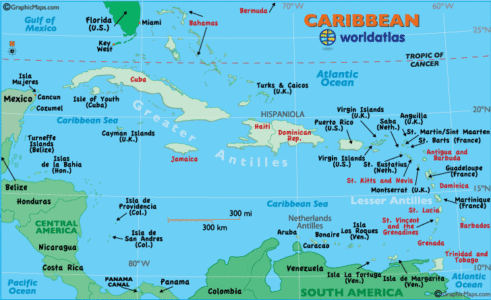
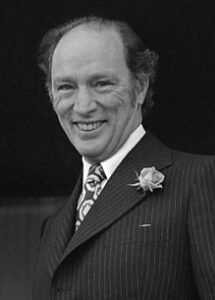 1919 Birthday of Pierre Elliott Trudeau, Liberal Prime Minister of Canada 1968-1979, 1980-1984 and father of current Prime Minister, Justin Trudeau.
1919 Birthday of Pierre Elliott Trudeau, Liberal Prime Minister of Canada 1968-1979, 1980-1984 and father of current Prime Minister, Justin Trudeau. 1939 Birthday of Lee Harvey Oswald, assassin of
1939 Birthday of Lee Harvey Oswald, assassin of  1961: The acclaimed musical film West Side Story, an adaptation of a Broadway play, was released in American theaters; it won 10 Academy Awards, including that for best picture. It starred Natalie Wood, Richard Beymer, Russ Tamblyn, Rita Moreno, and George Chakiris. The music was composed by Leonard Bernstein, with lyrics by Stephen Sondheim.
1961: The acclaimed musical film West Side Story, an adaptation of a Broadway play, was released in American theaters; it won 10 Academy Awards, including that for best picture. It starred Natalie Wood, Richard Beymer, Russ Tamblyn, Rita Moreno, and George Chakiris. The music was composed by Leonard Bernstein, with lyrics by Stephen Sondheim. 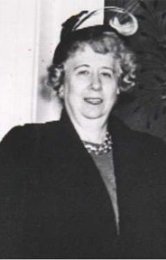 In 1982, former First Lady Bess Truman died in October 1982 of congestive heart failure at the age of 97 and is the longest-lived First Lady in U.S. history. Elizabeth Virginia Wallace was born on February 13, 1885 in Independence, MO. She first met
In 1982, former First Lady Bess Truman died in October 1982 of congestive heart failure at the age of 97 and is the longest-lived First Lady in U.S. history. Elizabeth Virginia Wallace was born on February 13, 1885 in Independence, MO. She first met 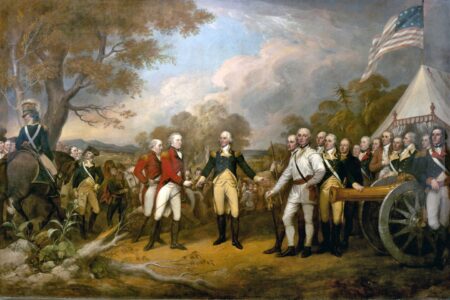 The event shown in
The event shown in 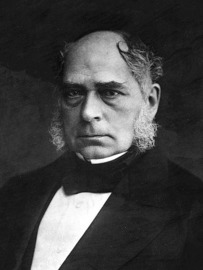 Also from
Also from  Birthday of Rita Hayworth, American actress whose portrayal of seductresses helped earn her the nickname “The Love Goddess” .
Birthday of Rita Hayworth, American actress whose portrayal of seductresses helped earn her the nickname “The Love Goddess” .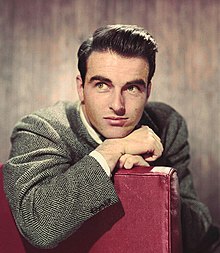 1920 Birthday of Montgomery Clift, American actor. A four-time Academy Award nominee, The New York Times said he was known for his portrayal of “moody, sensitive young men”.
1920 Birthday of Montgomery Clift, American actor. A four-time Academy Award nominee, The New York Times said he was known for his portrayal of “moody, sensitive young men”.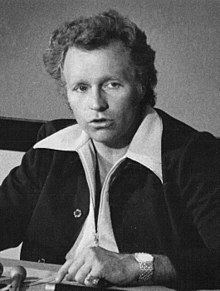 1938 Birthday of Evel Knievel. Robert Craig “Evel” Knievel was an American stunt performer and entertainer. Over the course of his career, he attempted more than 75 ramp-to-ramp motorcycle jumps. Knievel was inducted into the Motorcycle Hall of Fame in 1999.
1938 Birthday of Evel Knievel. Robert Craig “Evel” Knievel was an American stunt performer and entertainer. Over the course of his career, he attempted more than 75 ramp-to-ramp motorcycle jumps. Knievel was inducted into the Motorcycle Hall of Fame in 1999. 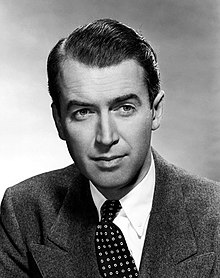 1939: The American classic Mr. Smith Goes to Washington, starring James Stewart , had its world premiere; although it angered the political establishment, the drama won wide acclaim from the public and film industry.
1939: The American classic Mr. Smith Goes to Washington, starring James Stewart , had its world premiere; although it angered the political establishment, the drama won wide acclaim from the public and film industry. 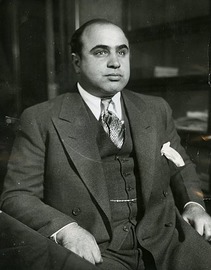 Al Capone was the most infamous gangster in American history. In 1920 during the height of Prohibition, Capone’s multi-million dollar Chicago operation in bootlegging, prostitution and gambling dominated the organized crime scene. On October 17, 1931, Al Capone was convicted of income tax evasion and sentenced to 11 years in prison.
Al Capone was the most infamous gangster in American history. In 1920 during the height of Prohibition, Capone’s multi-million dollar Chicago operation in bootlegging, prostitution and gambling dominated the organized crime scene. On October 17, 1931, Al Capone was convicted of income tax evasion and sentenced to 11 years in prison. 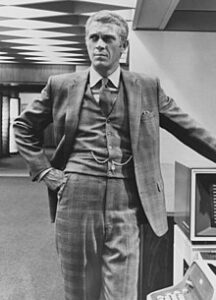 1968: The American action film Bullitt was released; it features Steve McQueen in what many consider his definitive role and is also known for its iconic car-chase sequence.
1968: The American action film Bullitt was released; it features Steve McQueen in what many consider his definitive role and is also known for its iconic car-chase sequence.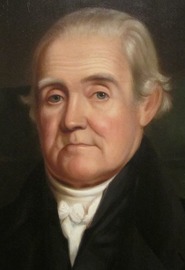 Dictionary Day Birthday of
Dictionary Day Birthday of 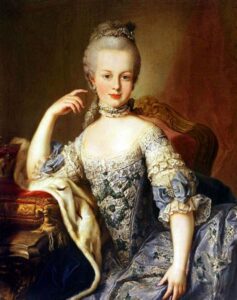 Marie Antoinette, widow of Louis XVI, was guillotined on this date in 1793.
Marie Antoinette, widow of Louis XVI, was guillotined on this date in 1793.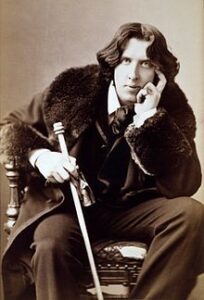 Birthday of Oscar Wilde, Irish author of The Picture of Dorian Gray, The Importance of Being Earnest, and others.
Birthday of Oscar Wilde, Irish author of The Picture of Dorian Gray, The Importance of Being Earnest, and others.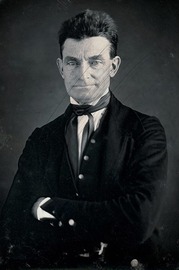
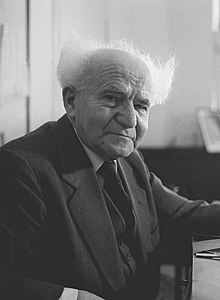 Birthday of David Ben-Gurion (October 16, 1886), Israel’s first prime minister.
Birthday of David Ben-Gurion (October 16, 1886), Israel’s first prime minister.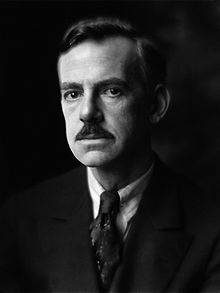 Birthday of Eugene Gladstone O’Neill (October 16, 1888), American playwright, author of “Long Day’s Journey into Night”.Awarded Nobel Prize in Literature (1936) and Pulitzer Prize for Drama (1920, 1922, 1928, 1957).
Birthday of Eugene Gladstone O’Neill (October 16, 1888), American playwright, author of “Long Day’s Journey into Night”.Awarded Nobel Prize in Literature (1936) and Pulitzer Prize for Drama (1920, 1922, 1928, 1957).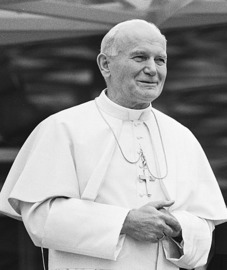 October 16, 1978 – Karol Wojtyla was elected Pope John Paul II, remaining in this position until 2005. He was the first non-Italian pontiff since 1523.
October 16, 1978 – Karol Wojtyla was elected Pope John Paul II, remaining in this position until 2005. He was the first non-Italian pontiff since 1523.